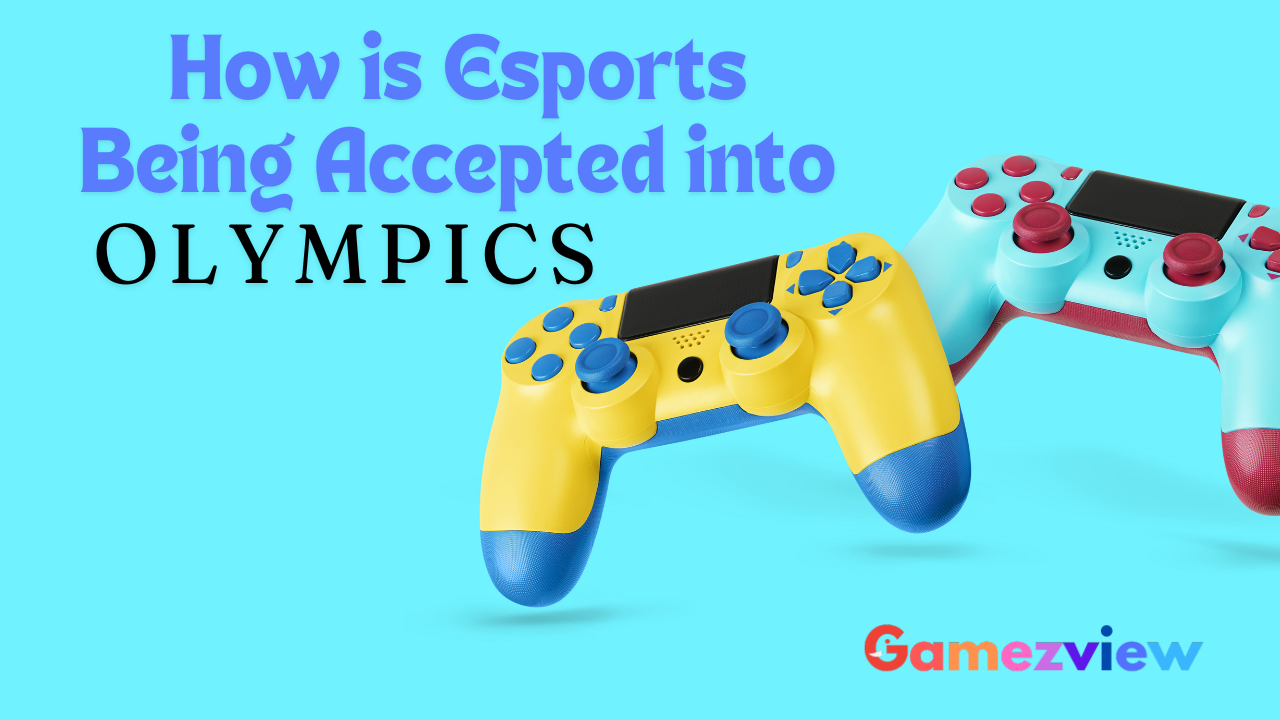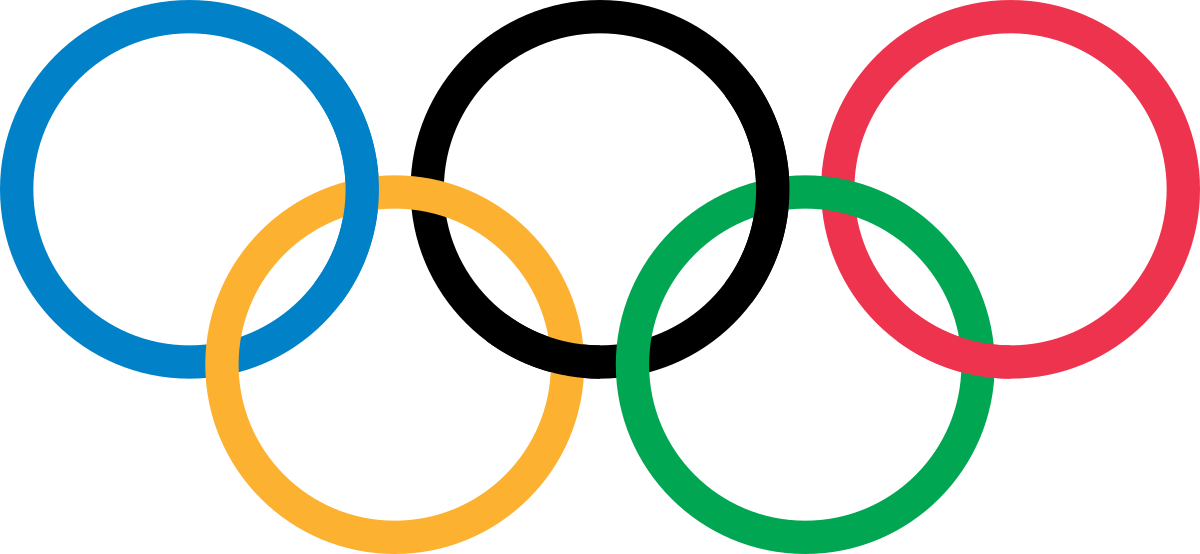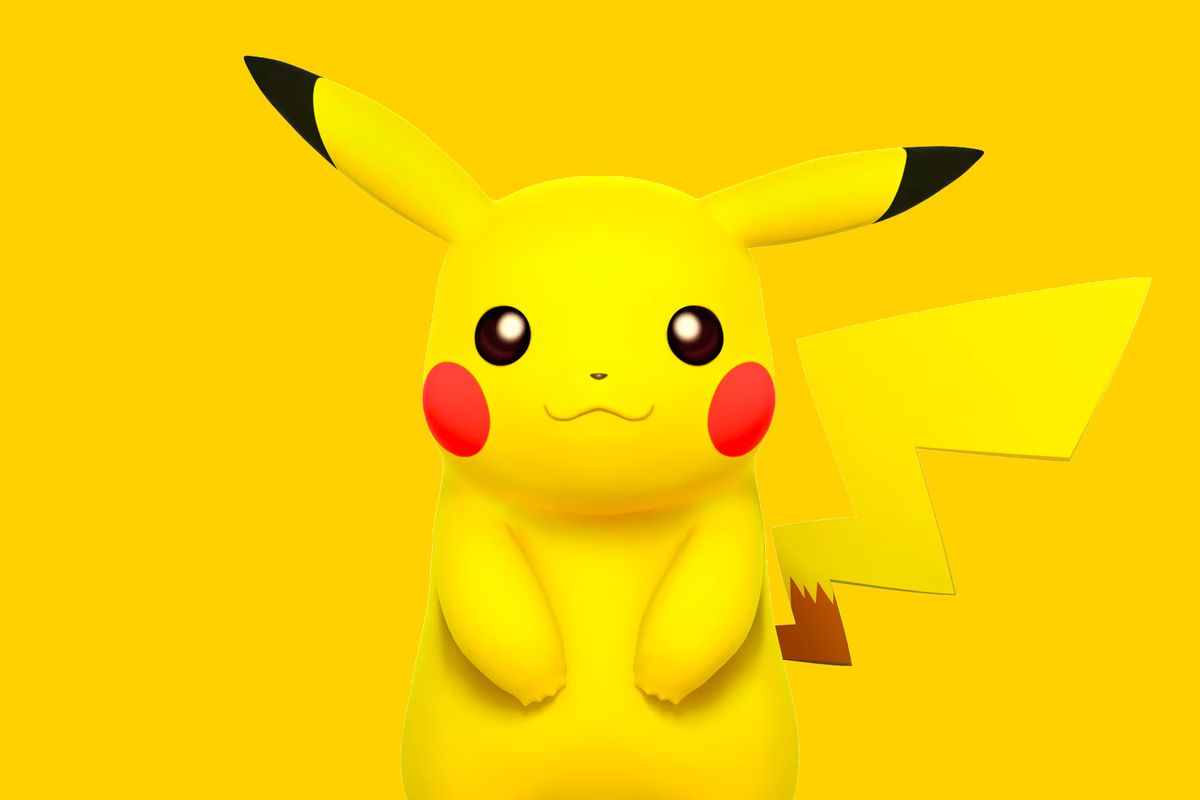Esports once considered a niche hobby, has rapidly evolved into a global phenomenon, attracting millions of fans and generating billions of dollars in revenue. As its popularity continues to soar, there has been increasing debate about whether esports should be accepted into mainstream sporting events, including the Olympics. In this article, we’ll explore the efforts and developments that are paving the way for esports’ acceptance into the Olympic Games.
Esports refers to competitive video gaming, where players compete against each other in various video game titles. With its massive fan base and growing professional scene, esports has garnered attention from traditional sports organizations, including the International Olympic Committee (IOC). However, the question of whether esports qualifies as a legitimate sport worthy of inclusion in the Olympics remains a topic of debate.
Recognition of Esports as a Legitimate Sport
To be considered for inclusion in the Olympics, a sport must meet certain criteria set forth by the IOC, including having an international governing body, a defined set of rules, and widespread participation across multiple countries. While esports may not fit the traditional definition of a sport, it has gained recognition from various organizations and countries as a legitimate competitive activity deserving of recognition.
Collaboration Between Esports Organizations and the IOC
In recent years, there have been efforts to foster collaboration between esports organizations and the IOC. These efforts have included discussions about aligning esports with Olympic values and standards, such as fair play, integrity, and inclusivity. While there are still differences to be addressed, the dialogue between esports stakeholders and the IOC has been a positive step towards potential inclusion.
Showcase and Demonstration Events
Esports has already made appearances at major sporting competitions in the form of showcase and demonstration events. These events feature esports titles alongside traditional sports, giving fans and athletes alike the opportunity to experience competitive gaming on a global stage. While the inclusion of esports has been met with mixed reactions, it has helped raise awareness and legitimacy for the industry.
Challenges and Criticisms
Despite the progress made, esports’ inclusion in the Olympics faces several challenges and criticisms. One of the main concerns is the perceived violence and addictive nature of certain video games, which has led to scepticism from some Olympic officials and stakeholders. Additionally, there are concerns about the commercialization and commodification of esports, which could impact its integrity and values.
Steps Towards Inclusion
Esports stakeholders have been proactive in addressing concerns and promoting inclusion in mainstream sporting events. Efforts have been made to emphasize diversity, inclusivity, and youth engagement within the esports community. Furthermore, initiatives aimed at promoting responsible gaming practices and player well-being have been implemented to address concerns about addiction and health risks.
Potential Path to Official Inclusion
While esports’ inclusion in the Olympics is not guaranteed, there is optimism about its potential path to official recognition. Key factors such as player representation, governance structures, and regulatory frameworks will need to be addressed to meet the IOC’s criteria for inclusion. Continued collaboration between esports organizations, Olympic officials, and other stakeholders will be essential in navigating this path.
While the journey towards esports’ acceptance into the Olympics may be complex and challenging, the progress made thus far is promising. As esports continues to evolve and grow, its inclusion in mainstream sporting events like the Olympics could provide a significant opportunity to showcase its competitive spirit, talent, and cultural impact on a global scale.





